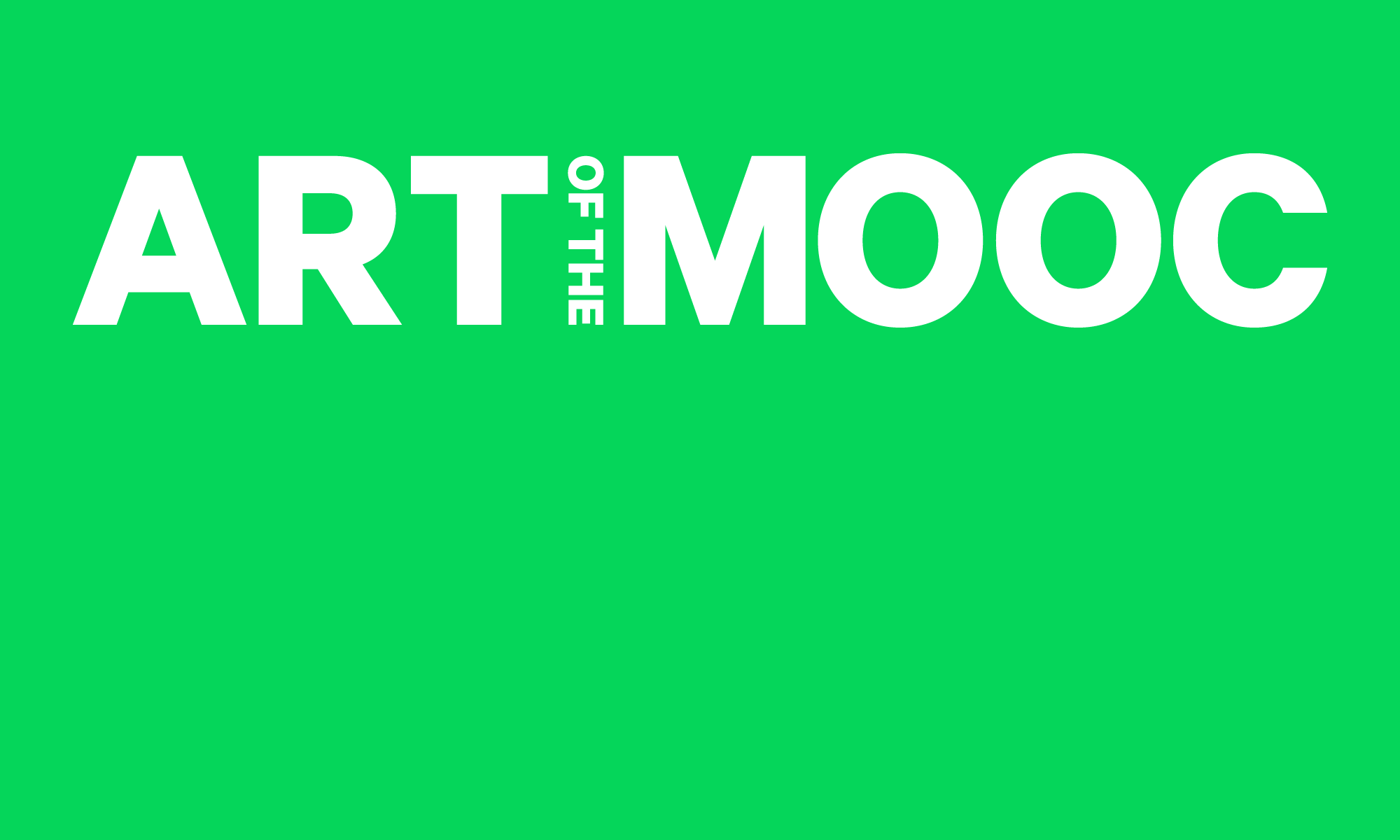 https://www.pinterest.co.uk/pin/536209899359978107/
https://www.pinterest.co.uk/pin/536209899359978107/
“Only Cannibalism unites us. Socially. Economically. Philosophically. The unique law of the world. The masked expression of all individualism and collective movement.” Oswald de Andrade
There is a Rwandan proverb that says, “Izina niryo muntu”. This literally translates to a name defines a person. It is commonly used to mock people with ridiculous names especially when they do rather stupid things, but it also serves as a reminder of the power that words gain when they become names that people acknowledge. In Rwanda, names are a message to the world–this goes from children’s names to buildings–they relay emotions and are the representation of people and things. In fact, the issue of names is so pressing that just recently, people given hateful names by their parents have been opting to change their names by thousands. They all seek to have names that they are proud of, they desire to rebrand themselves into respectable members of society.
Interestingly, though many decide to change their names to start afresh (the French political party UMP changing its name to LR as another example), Brazilian thinkers chose to rebrand the very name that dehumanized them. Cannibalism, as Pedro Lasch mentions in lecture 2 of unit 2.2, is racist term that was used to represent the indigenous Americans as savages. Yet, the thinkers of the time took control of the term, wielding its power to push their own creative narrative. The very name “cannibals” and term “cannibalism” initially used to destroy was turned into a social movement uniting artists and thinkers. This idea of rethinking an already existing name to challenge long standing beliefs is nothing short of genius! This shows that there truly is power in names but more importantly, that names are tools existing to push narratives of those willing to possess and use them.

